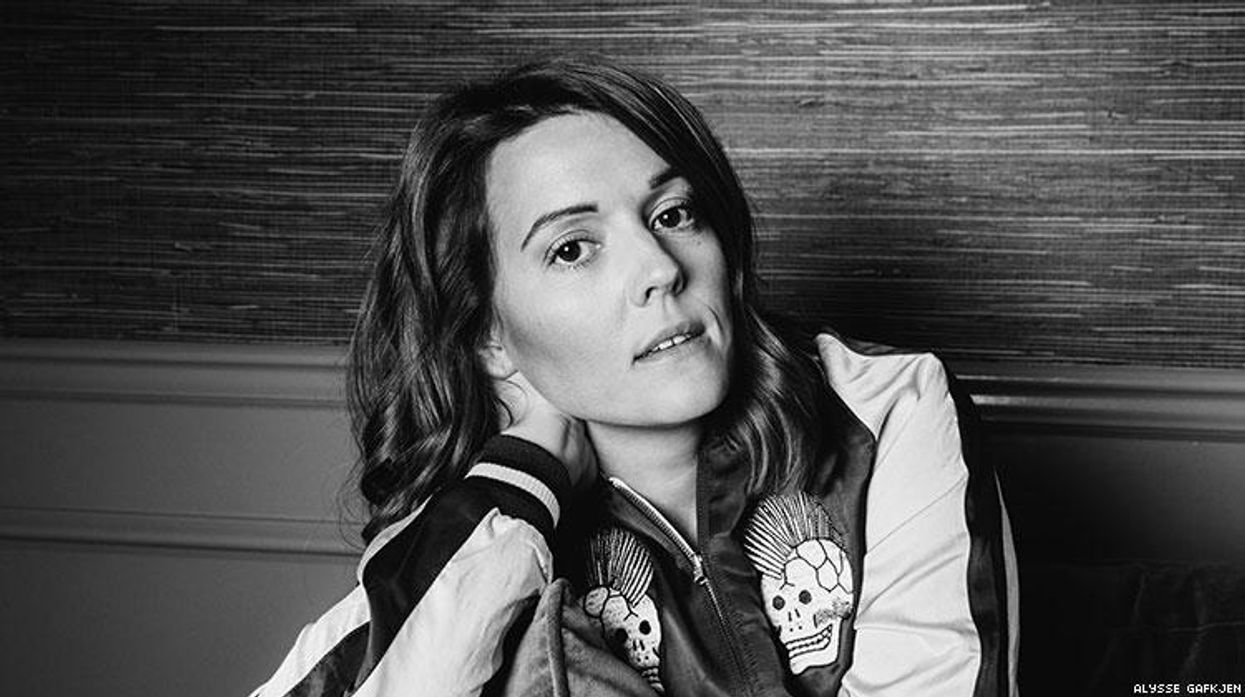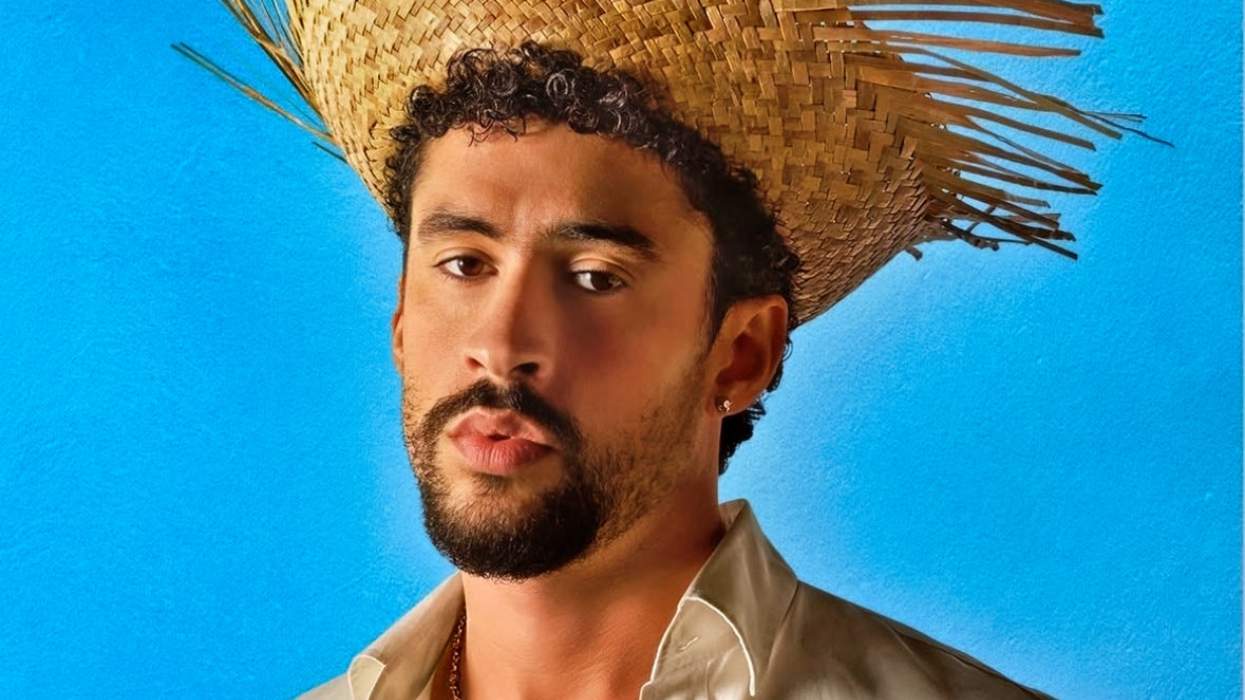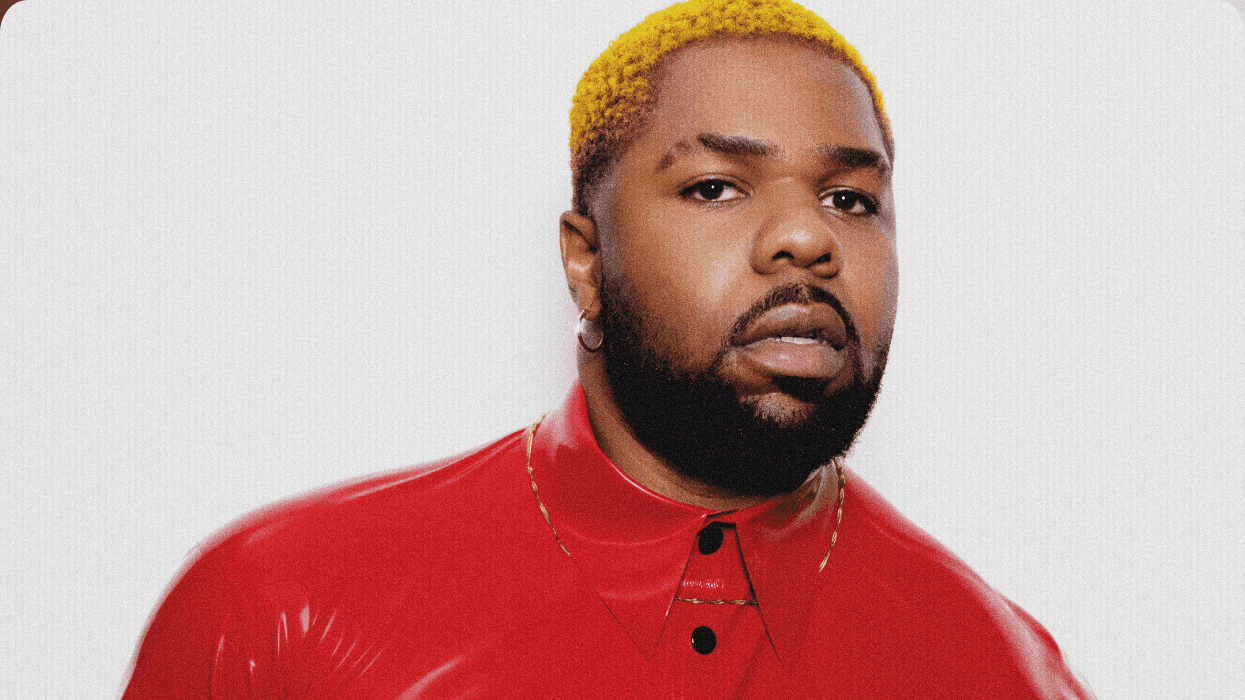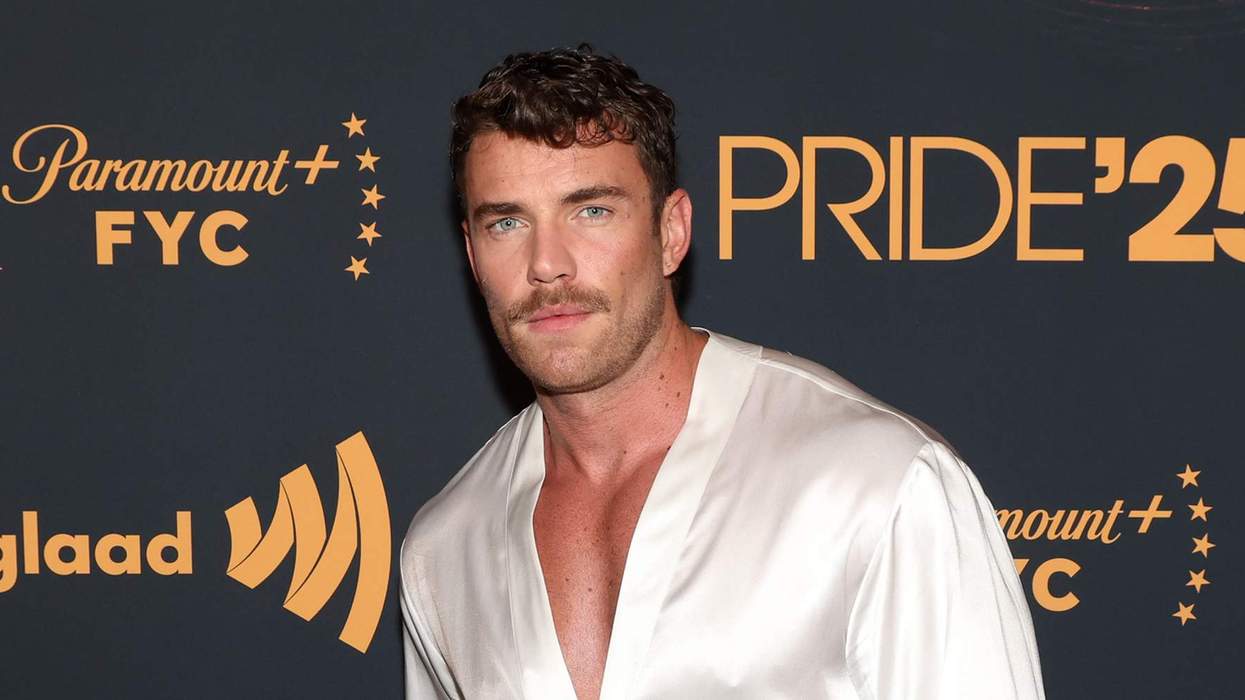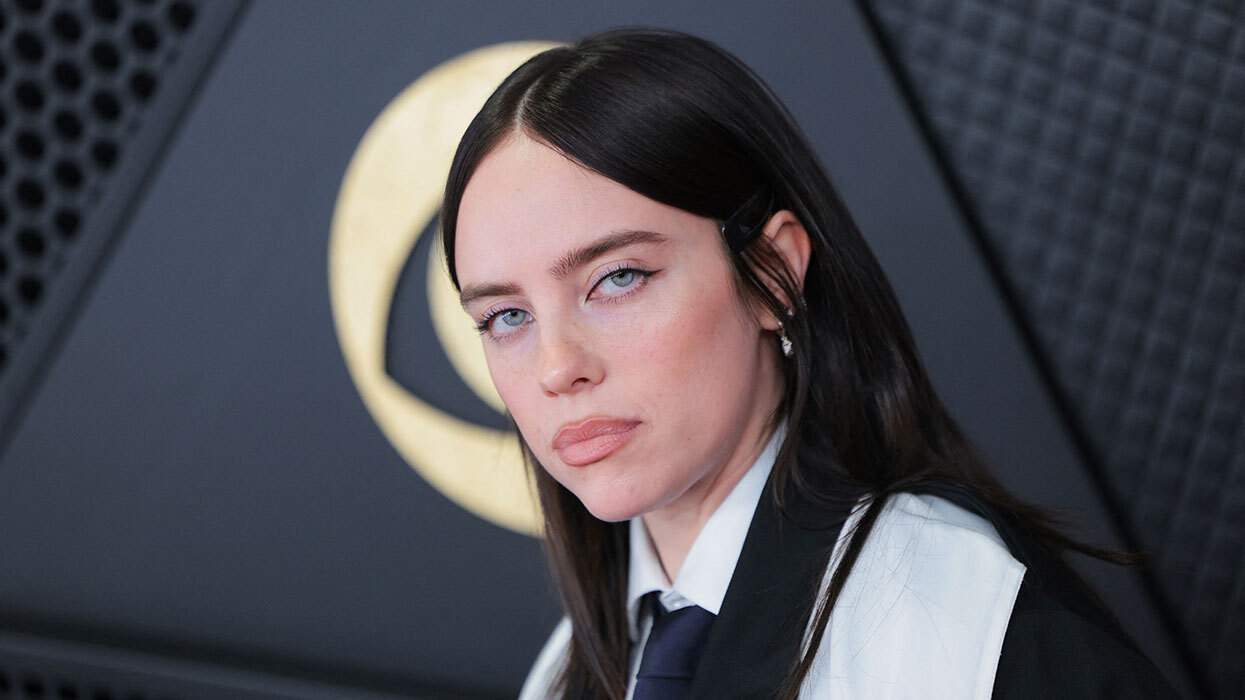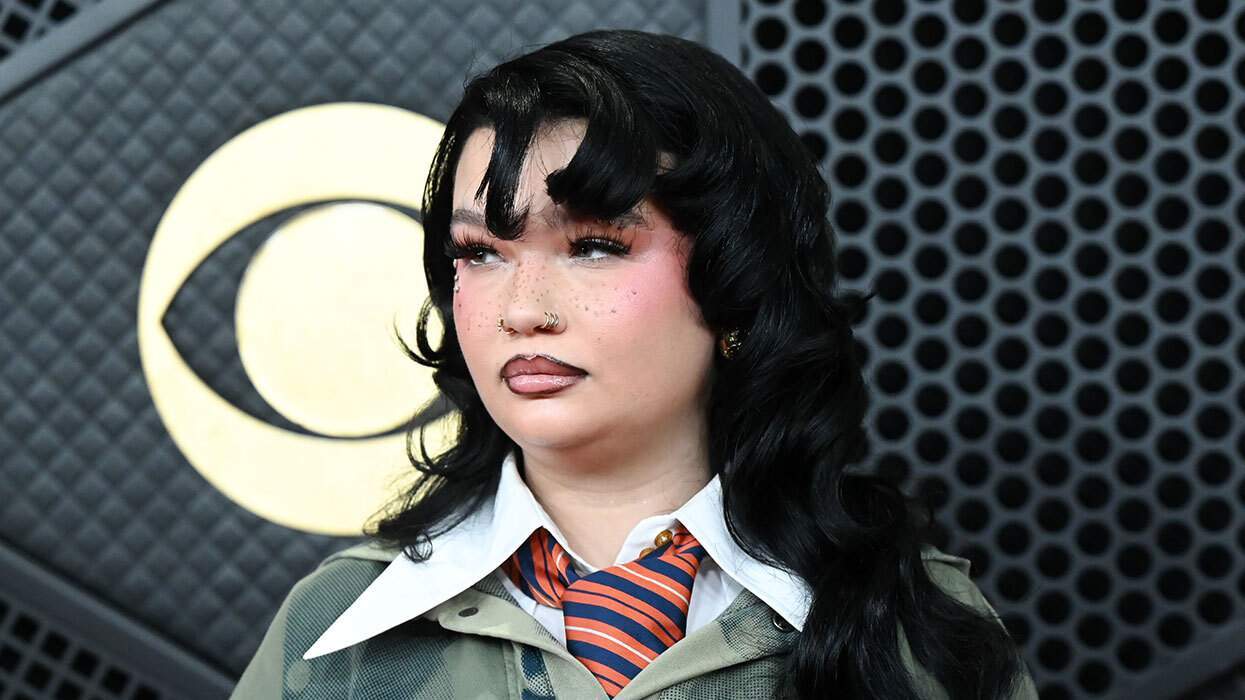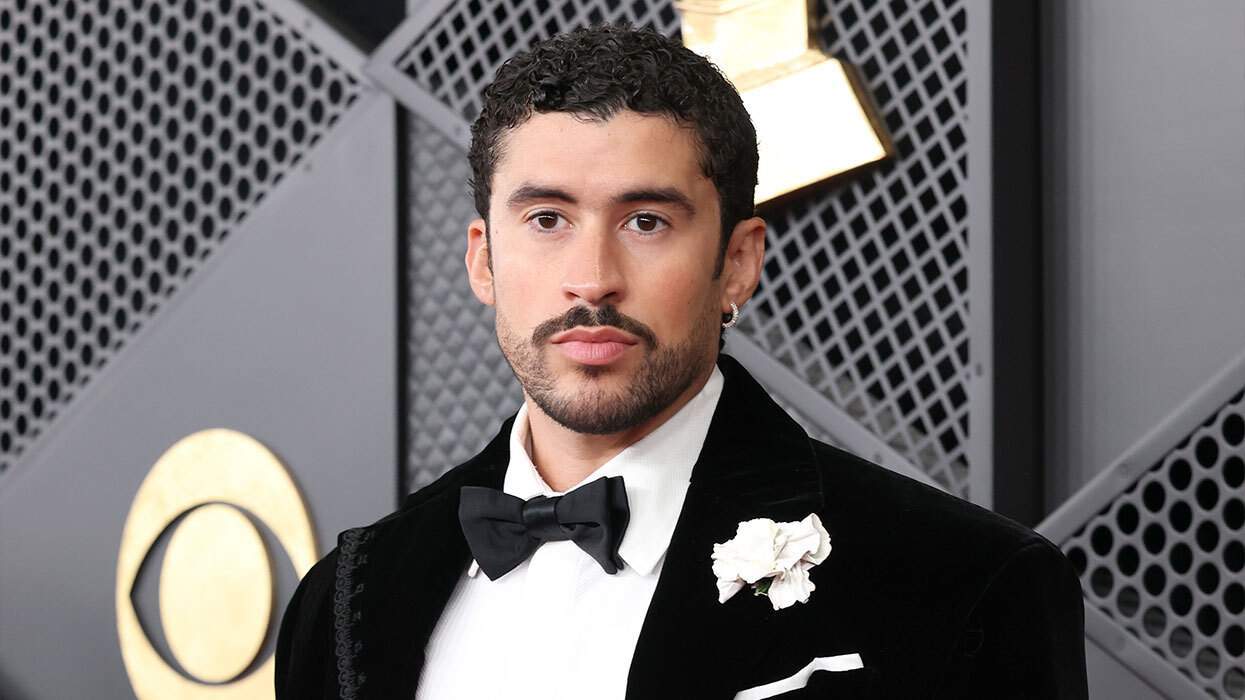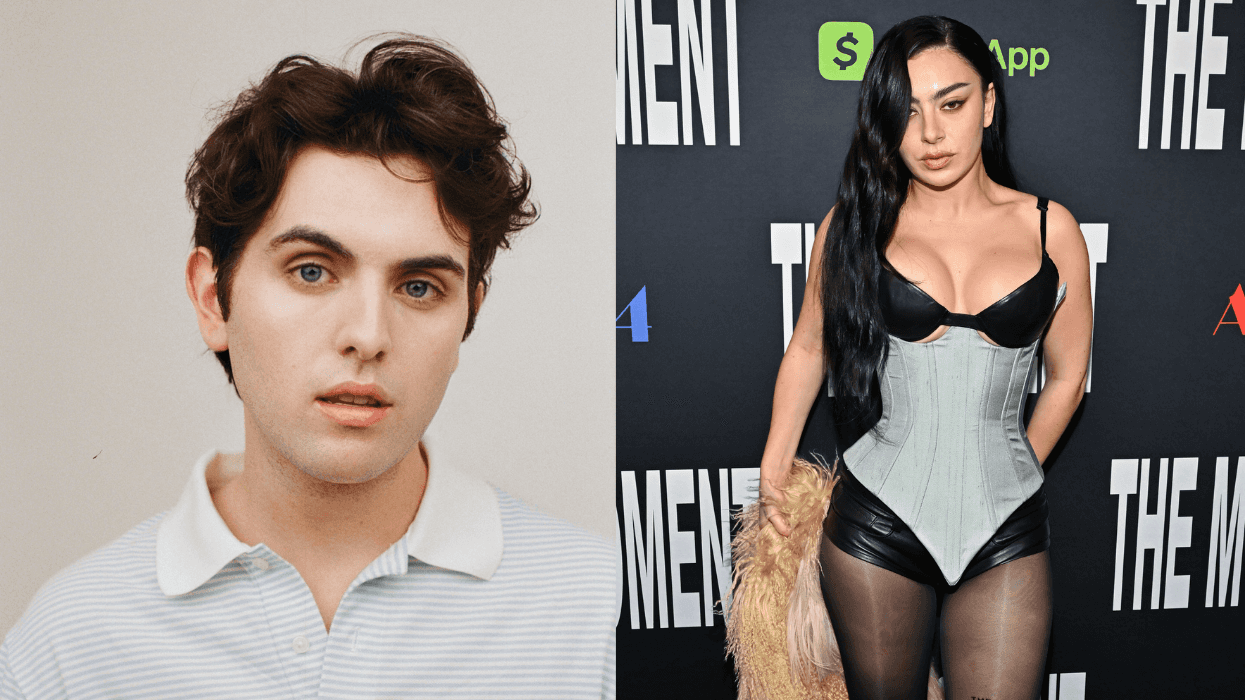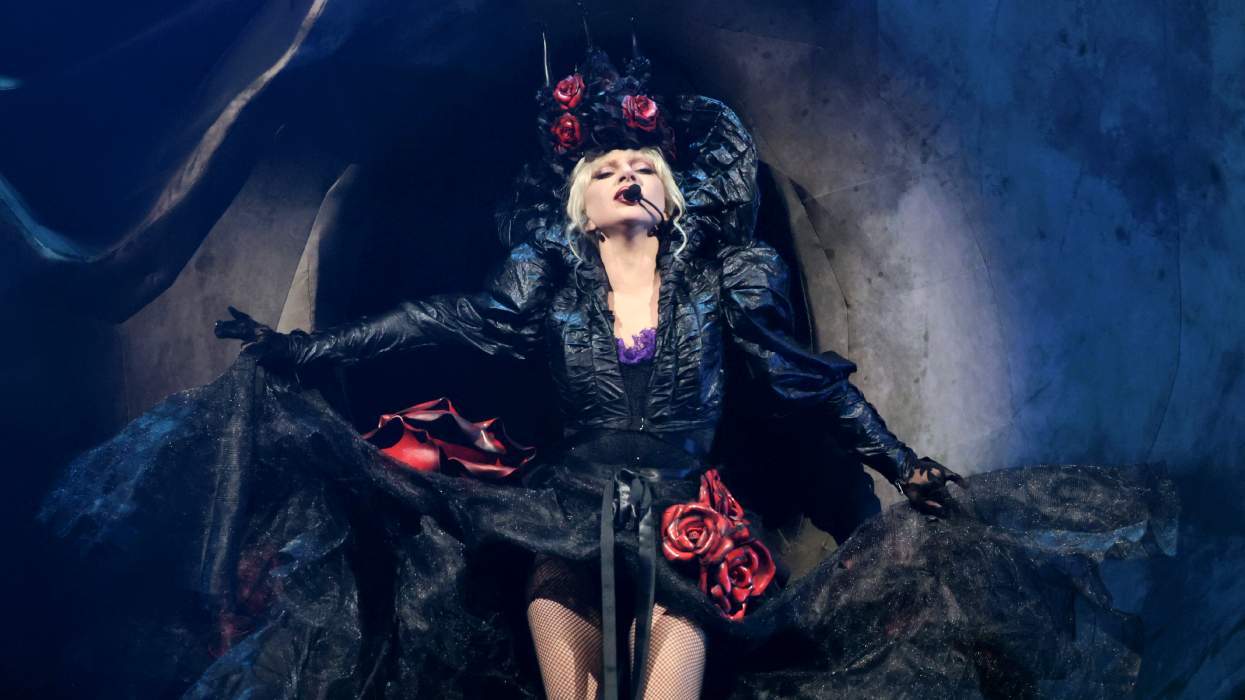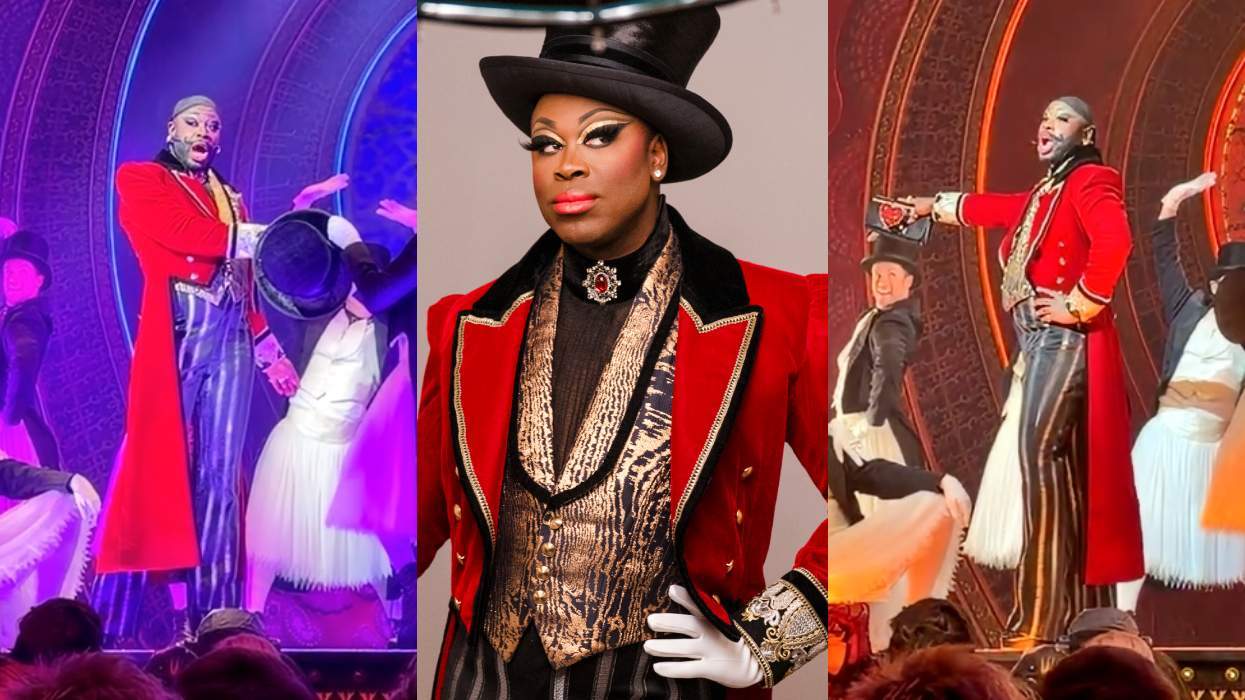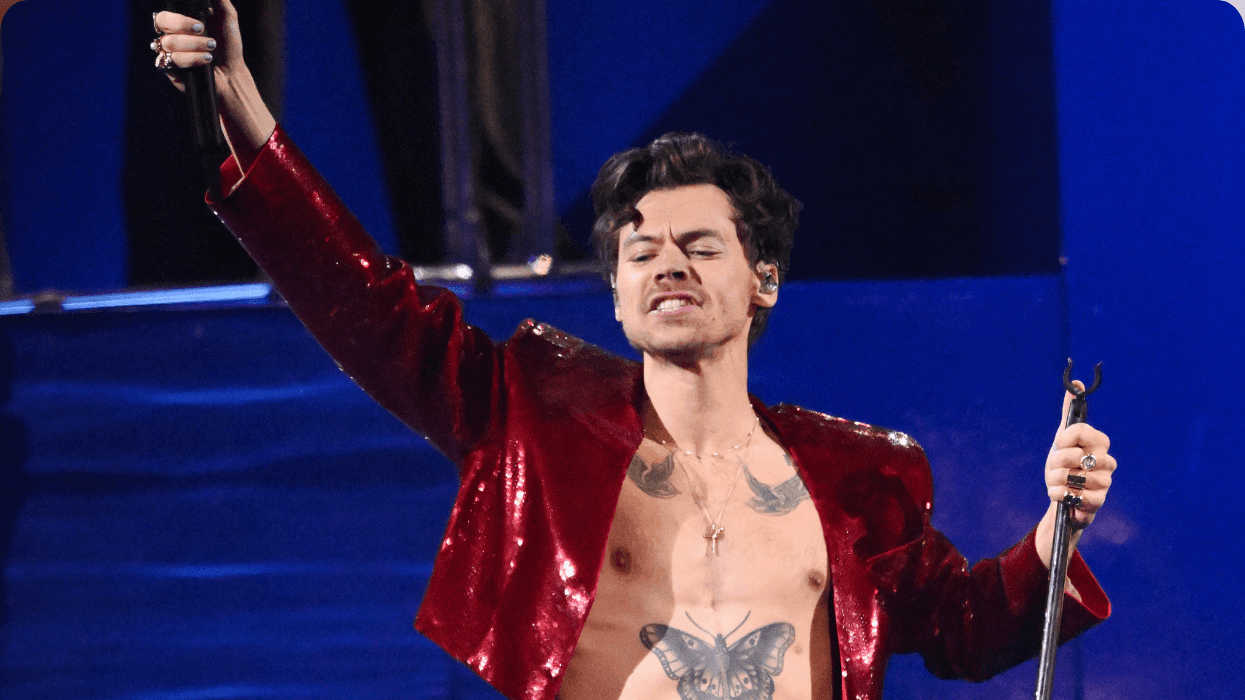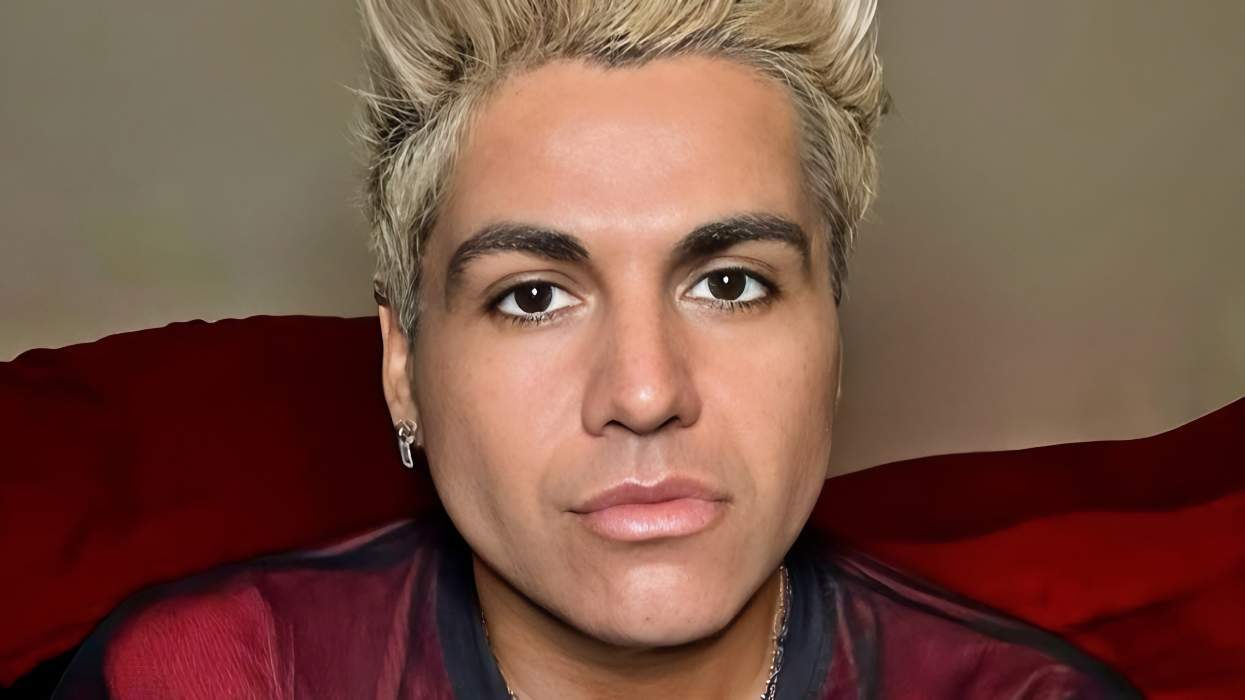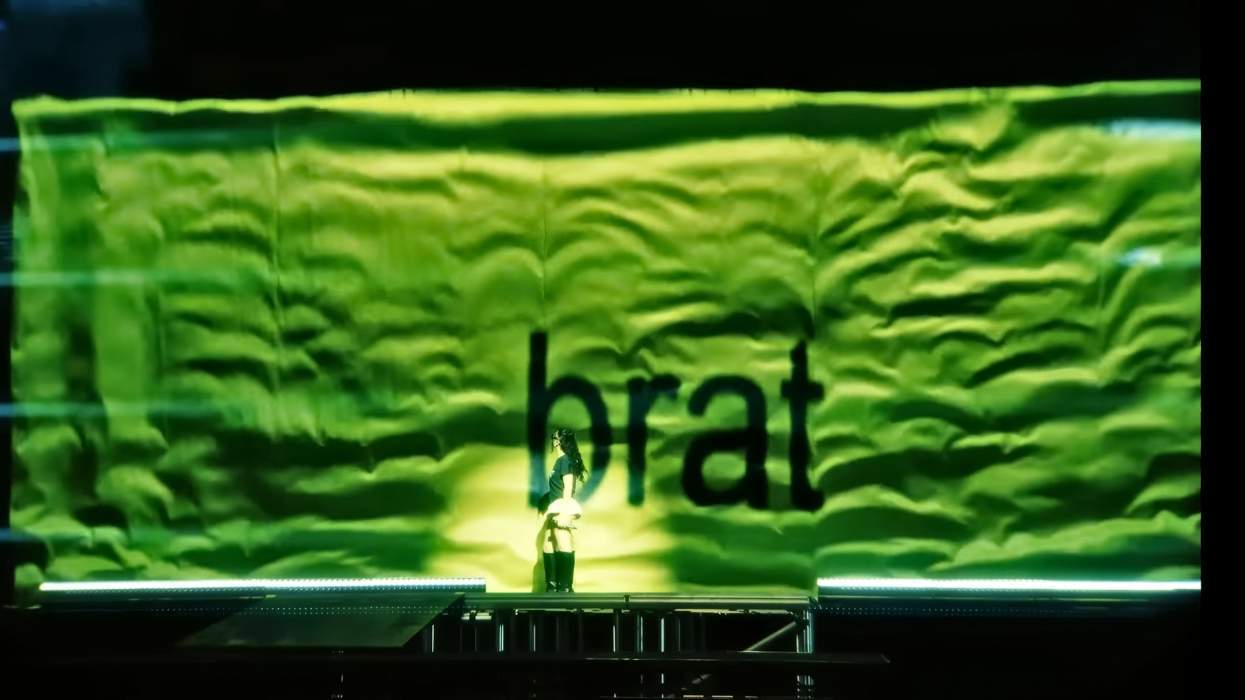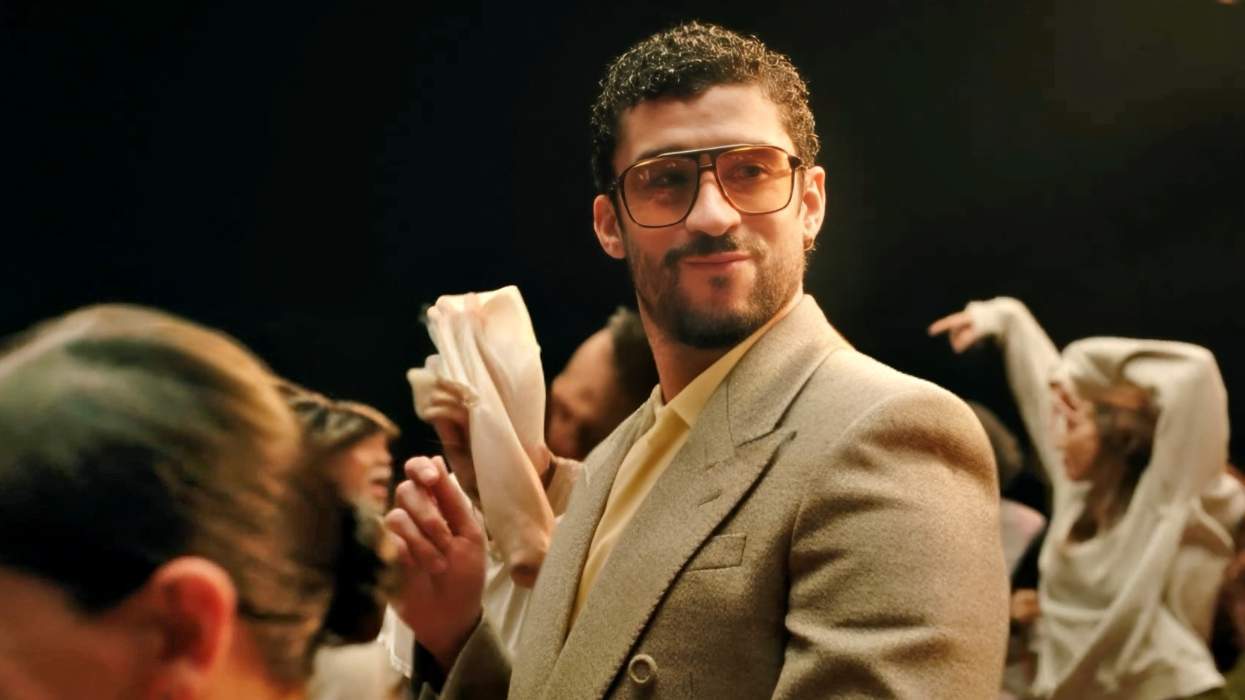One of Brandi Carlile's co-writers once told her something that's stuck with her -- something she hasn't been able to stop thinking about, something she kept coming back to as she grappled with writing an album about the path to forgiveness: "People do everything better when they're happy, even write sad songs."
Maybe that's why the Americana singer's 2018 album By the Way, I Forgive You is so powerful and universally well-received -- because Carlile is happy, and that joy has cast any prior sadness in an even harsher reflection, allowing her to look at past pain with new eyes and transform it into music.
"Your experiences are so much more potent when they're set against the backdrop of relative contentment, because you can really see how difficult those situations are, especially situations like loss, death, and addiction," she explains over the phone from her home in Washington state. She declares that she's the most open when she's happy, and she's the most happy when she's with her wife, Catherine, and their two children, Evangeline and Elijah.
"I wouldn't have nearly the potency as a creator that I do if it weren't for my wife," she says. "My family opens me up, makes me relatively content, and sends me out in the world to get brutalized."
Only through that brutality ("Motherhood fucked me up beyond recognition," she laughs) was Carlile able to reach a place of "radical forgiveness." While she has spoken about learning to forgive Trump voters and a pastor who refused to baptize her as a teenager because she was gay, the person she's most interested in learning to forgive is herself. "I'm concerned that I wouldn't have baptized myself," she admits.
"[Forgiving] is the most counterintuitive thing that humans can do," she continues, "and might actually be the whole reason why we're here. That might be what the life experiment is." Her family has played the biggest part in learning to forgive, irrevocably altering the way Carlile experiences the world. She explores this on her track, "The Mother," a standout song about her daughter. "I can't help but see everybody as somebody's Evangeline," the singer admits.
Reaching that place of forgiveness, Carlile explains, is figuring out "how much we're willing to carry and how much we're willing to set down." Carlile adds that "the audacity that it takes to lay your burdens down" isn't something she comes by easily. On her album, she wrestles with forgiving a cruel world ("The Joke"), a lover ("Party Of One"), and most often, herself ("Every Time I Hear That Song").
Throughout this journey, the whole world has noticed. Carlile is the most-nominated woman at the 2019 Grammys, and the third most-nominated artist, up for Album of the Year, Record of the Year, and Song of the Year, as well as nominations in the Roots and Americana categories.
And yet, it's clear that Americana is more than the genre of music she plays. Carlile isn't an artist playing the part of a country girl -- she is a country girl, raised on folk and country in rural Washington. And while there's a dissonance between the music that soundtracks rural American life and the music that celebrates queerness, the truth is there are rural LGBTQ+ people, Carlile included. "I'm basically a lesbian chicken-farmer mom who's somehow been invited to the party," she says.
Americana music is slowly widening to accept the contributions of queer people as country and folk music bleed more into pop (from Lady Gaga's Joanne to Kacey Musgraves), and Carlile is one of the loudest voices spearheading that movement. "I like the friction of the fact that country music and Americana is coming face-to-face with itself."
"The good news is that we can change it by actually being harbingers of enthusiasm, excitement, and audacity instead of focusing on criticism without solution," she says. "That's not to criticize any way that people change the mechanisms, because they need to be changed regardless, but I think the most effective way is by changing hearts instead of minds and rules."
For now, Carlile is focused on music and motherhood, two things that are more in harmony than she expected them to be. "The only way to do this job and not lose perspective or believe the hype about yourself is to be getting ready to go onstage in front of 10,000 people and have to change a shitty diaper first." Those two extremes of her life might seem in direct opposition to each other, but the gray area between them is her favorite place to exist: "I live in the in-betweens."
That extends to the spaces between faith and fear, grief and joy, pain and forgiveness. "I didn't make the album about forgiveness because it's something that I've done and I want other people to know how to do," she says. "I made [By the Way, I Forgive You] because it's something I want to know how to do and haven't done. I'm still in the process of learning." After all, those who can't do, teach. With every chorus and every chord, Carlile is teaching us to forgive each other and, more importantly, to forgive ourselves.
To read more, grab your own copy of Out's March issue.
RELATED | Bradford Cox Is the Weirdest Queer in the Music Industry


